Demographics do a great job of telling us who our customers are. When it comes time to understand why they buy, though, demographics fall short.
Psychographics steps in to fill the knowledge gap left by demographics. By using both together we can create a clearer, more complete picture of who our customers are as people, not just as statistics. And people are who we sell to, right?
In this beginner-friendly guide, we’ll take you through everything you need to get started with psychographics: what it is, how it differs from demographics, how to collect psychographics, and a few key ways to use psychographic data in your marketing.
Let’s get started.
What is Psychographics?
Psychographics is the study of consumers’ attitudes, aspirations, and other psychological criteria and can be used with demographics to build complete buyer personas. Some marketers refer to psychographics as AIO variables. AIO = Activities, Interests, and Opinions.
These are 3 areas you need to learn about your customers to collect useful psychographics.
Activities
Do you know how your customers spend their time? Do they enjoy reading, listening to true crime podcasts, watching Doctor Who, or following cat accounts on Instagram?
How would it change the way you market your products or brand if you knew that 80% of your audience spent their downtime painting? Would it change what images you use for your ads or the overall feel of your marketing campaigns?
Everybody spends their time doing something. Even if people can’t think of a hobby, they don’t simply cease to exist outside of work and sleep. Find out what they’re doing.
Interests
What are your customers interested in?
Right now you’re probably saying, “hold up, didn’t we just talk about what they’re interested in?”
Kind of, but unlike activities, interests don’t require an action.
Take solar power, for instance. You could have an interest in solar power, but you’re not engaged in the activity of solar power. Interests can be much more thought-based than activities and built around gathering information.
Opinions
Do you know how your customers feel about the current condition of the United States government? What about early childhood education?
Asking opinion-based questions will help you get to know your customers better. Start with broad questions and work your way to more focused questions as you get to know them better.
Psychographics vs. Demographics
Both demographic data and psychographic data can tell us quite a bit about a consumer when taken separately, but together they create a rich, concrete buyer persona that we can use to create targeted marketing campaigns that convert.
Demographic information includes known or easily-discoverable facts about a consumer, such as:
- Age
- Income
- Marital status
- Gender
Psychographic information includes details about the same consumer that may not be so easily-discoverable like:
- Personality
- Values
- Attitudes
- Interests
- Lifestyles
Now we know what psychographics is and we know that it’s useful. So, how do we get it? ?
How to Get Psychographic Data
Let’s talk about two key ways to get psychographic data: customer surveys and Google Analytics.
Customer Surveys
Customer surveys are a great chance to increase your sample size and streamline the collection of psychographic data without increasing costs.
You can create an awesome survey for your site quickly and easily using WPForms complete with survey results:
We recommend reaching out to customers via email, social media, and your website to cover all your bases, but you don’t need millions of responses to get actionable data.
Google Analytics
Google Analytics is great for getting both demographic and psychographic information on your site users.
Using the Demographics Overview feature you can get breakdowns like this that show a site’s male audience broken down by Age and Interest categories:
You can keep drilling down into the reporting to find your highest converting interest categories. This helps you decide where to spend your marketing dollars.
Create a Survey Popup to Collect Psychographics
When done correctly, popups work really well. Take our customer Kinobody as an example.
Kinobody uses our MonsterLinks feature to survey and segment their visitors, resulting in a 73% conversion rate.
We’re going to use OptinMonster and WPForms to create our popup survey on a WordPress site.
Start by logging in to WordPress and clicking on WPForms in the sidebar menu.
We’ll need to install the Survey and Polls Addon, so let’s do that now by clicking on the orange Addons in the sidebar menu.
Find the Survey and Polls Addon and click Install Addon.
You’ll get a message that the addon has been installed, but don’t pump your fist in victory just yet; you still have to activate the addon by clicking Activate.
Once everything is ready to go, it should say Active in green letters.
Now we’re ready to create a new form. To do that, click Add New on the sidebar menu and name your new form.
You can use any template you’d like to create your form, or go rogue and create your own form entirely from scratch.
We’re going to make it really easy on ourselves and use the Survey Form template.
WPForms creates a base survey for you:
The survey is completely customizable. You can hover over any group of fields to move or delete them.
Be sure to save your form as you go.
Once you have your survey the way you want it, let’s add it to your site so it appears as a popup. To do this, click Embed in WPForms to bring up the code you’ll need to add to OptinMonster. Keep that handy.
Now, go in to OptinMonster and create an optin for your survey popup. Here’s how:
Step 1. Create a Campaign
Log in to your OptinMonster dashboard and click Create Campaign.
Choose a campaign type. We’re going to use Popup because they grab attention and we want visitors to notice your campaign.
We’re going to use the Canvas template for our optin because it allows you to easily integrate code from other sites. For example, you can easily create a Facebook “like” popup or a Follow Us on Pinterest popup with the Canvas template.
Give the campaign a name, select the site you want to use it on, and click Start Building.
You’ll enter the campaign builder and see a very boring blank canvas template. ? It’s just waiting for your survey.
Take note of the green Save button in the top right corner. Be sure to save your campaign as you go so you don’t lose your hard work.
Step 2. Edit Your Campaign
We need a place to add the embed code from our WPForms survey, so let’s add an HTML block to our optin. To do that, click +Add Blocks or the big, blue plus sign in the middle of the live preview to start adding column blocks.
We’re going to add the single column block and the HTML element block by simply dragging and dropping them onto the live preview.
Now we can add our survey embed code to our HTML block, so let’s go grab that code from WPForms.
Once you have the code, come back to OptinMonster and paste the code into the HTML block we just added to our optin.
To do that, click directly on the live preview where it reads “Add HTML here” to open the editing tools to the left.
Next, paste the embed code from WPForms on line 2 in the editing box. You can also add some text so your survey has a warm greeting and conversational tone.
Don’t forget to save your campaign.
Step 3. Set Display Rules
Let’s set the Display Rules to take advantage of OptinMonster’s exit-intent technology. This ensures that everyone who visits your site will see your survey before they leave.
You can do this by going to the Display Rules tab and setting your first condition to If exit detected.
Be sure to save after making changes to your display rules.
Step 4. Save and Publish Your Campaign
To publish your campaign, click on the Publish tab and toggle the Status to the Live position, then save the campaign again.
We make it really easy to go live on WordPress. Just install the OptinMonster WordPress connector plugin.
Once you have the plugin installed, go to your WordPress dashboard and click the OptinMonster icon. You should see a list of all your optins. If you don’t see the optin you’ve just created, click Refresh Campaigns, and it’ll appear.
Click the Go Live button next to the campaign name you want to publish to make it live on your site.
Done and done! Here’s what our lovely survey looks like when it popups up on a site:
How to Use Psychographic Data in Marketing
You’ve got your survey, you’re looking at Google Analytics, you have so much data you’re starting to dream in percentages.
Now what? Now that you know what type of tea the majority of your female customers aged 35-40 like to drink as they read the morning paper, what can you do with that information?
A lot, it turns out. Here are 3 key ways to use psychographic data in marketing.
1. Create Better Content
When you have a better understanding of who your audience is and what drives them, you are going to be able to create content that appeals to them on a deeper level. This helps you create better and more relevant content at each stage of the sales funnel.
In the awareness stage, you can create content based on informational keywords and related keywords that your target audience is likely to search based on what you know of your current customers’ wants and needs.
For middle-of-the-funnel prospects, you’ll know what content they’re looking for to help them solve their problems and how to pull them in with gated content and lead magnets that connect them to your brand.
Your improved content in the earlier stages will result in increased conversions and sales.
2. Refine Your Buyer Personas
More detailed personas just work better. Adding psychographic data to your buyer personas helps you create personalized messaging and build stronger, more comprehensive marketing campaigns.
This doesn’t mean that you’re creating a profile for each customer. A buyer persona is specific and detailed, but it isn’t about a single customer; it’s a tool to track a trend within a certain subset of customers.
3. Fine-Tune Your Email Marketing
Psychographics are so much better than demographics at giving insight into the emotions of your customers. This means that you have a better idea of what your customers think about, worry about, and wonder about, which can lead to some great opportunities for email marketing.
Using psychographics with email marketing allows us to create highly personalized messaging that improves open and click-through rates. And, you can use analytics to determine why your popular email marketing efforts worked with your audience in order to replicate those efforts in other campaigns.
If you don’t currently have an email marketing plan in place, check out our beginner’s guide to email marketing.
That’s it! You should have a better understanding of psychographic marketing and how psychographics differs from demographics with our beginner-friendly guide. Be sure to check out the buyer persona post that we linked earlier to learn how to create or update your buy personas using both psychographic and demographic data.
If you want to read more psychology-related content, have a look at 8 Neuromarketing Ideas to Increase Your Subscribers List.
Oh hey! Did you have fun creating that optin? What? You don’t use OptinMonster? Why not? Join us today!



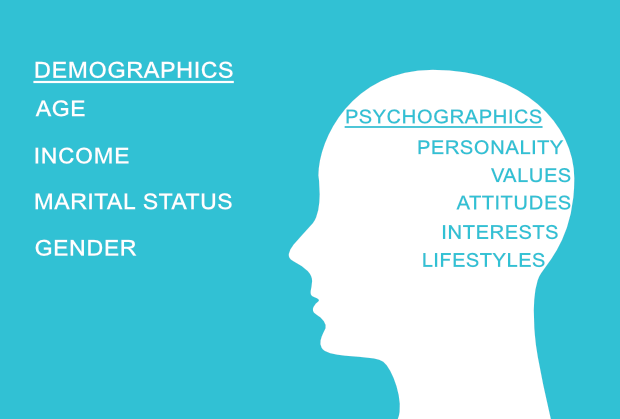
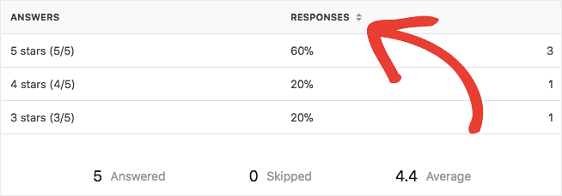
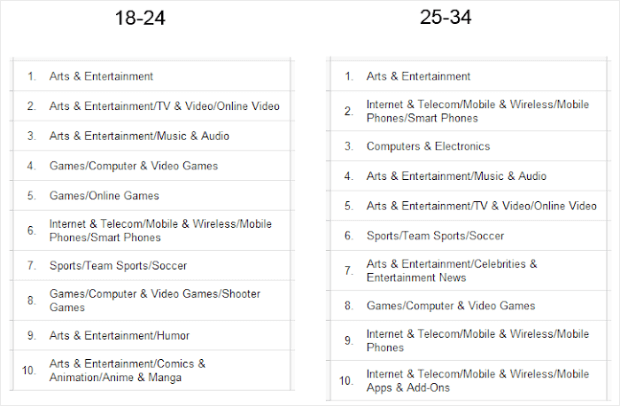
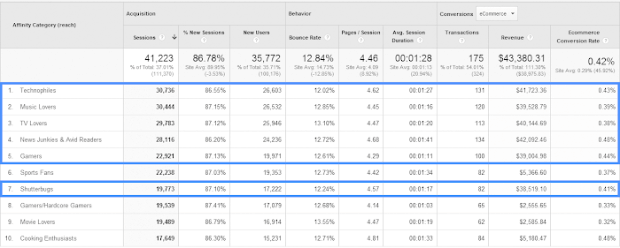


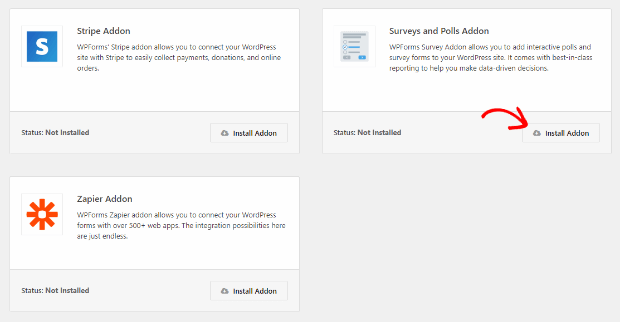
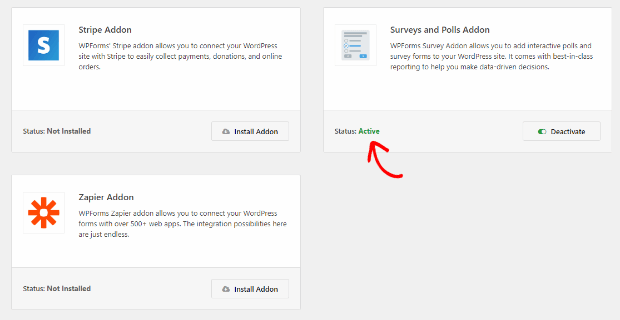

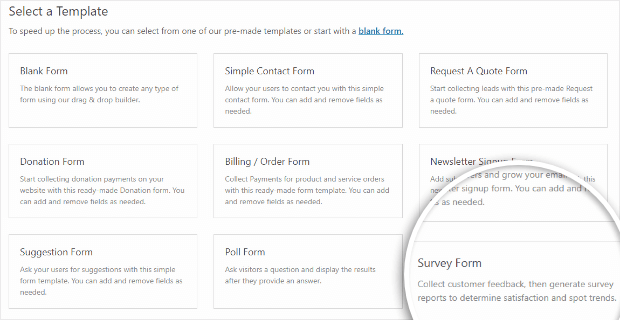
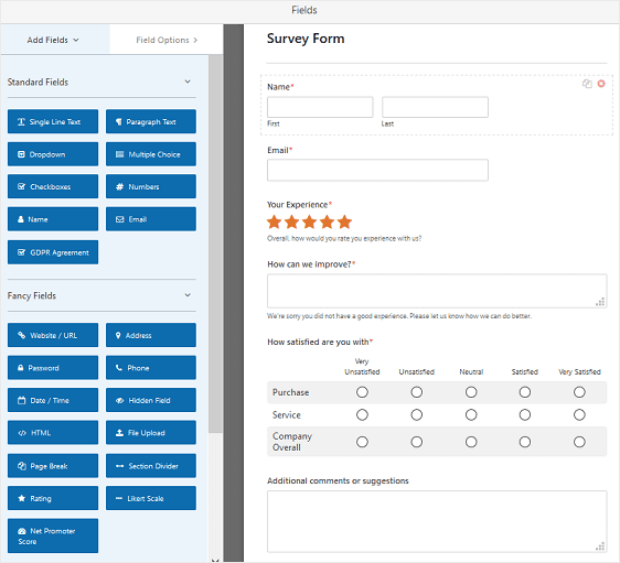


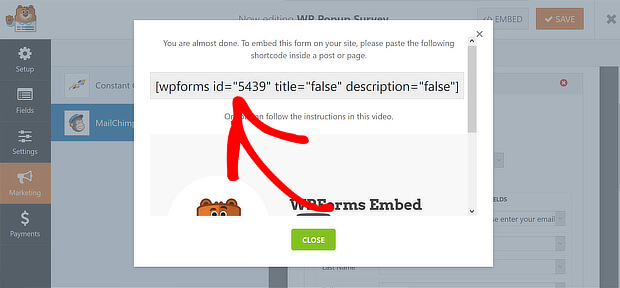


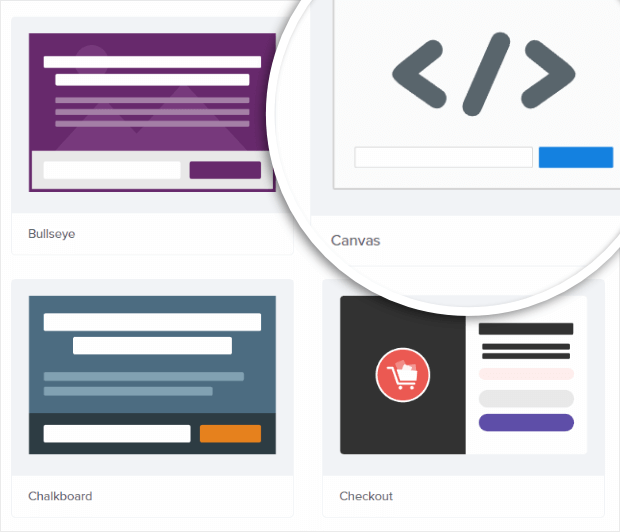
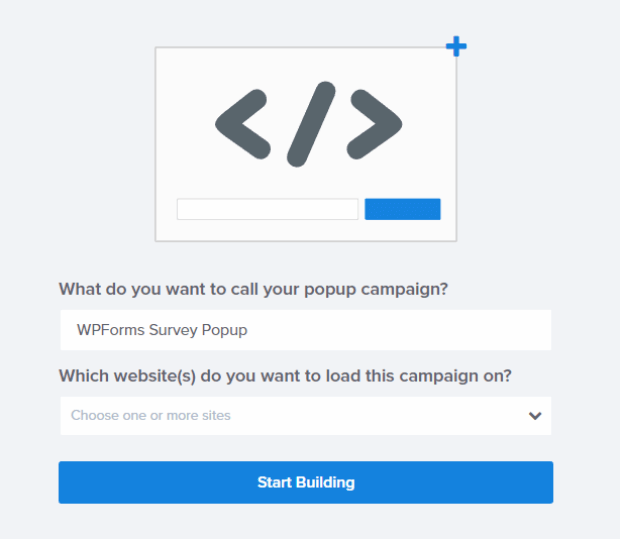
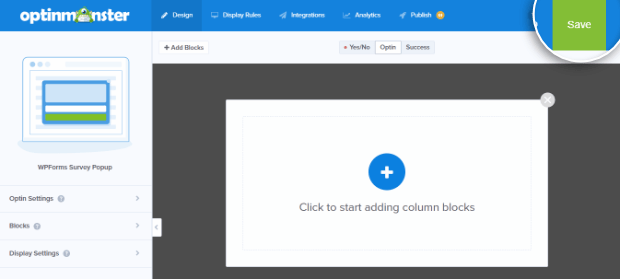
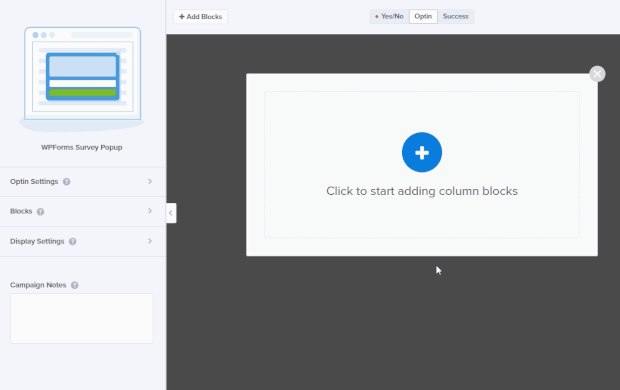
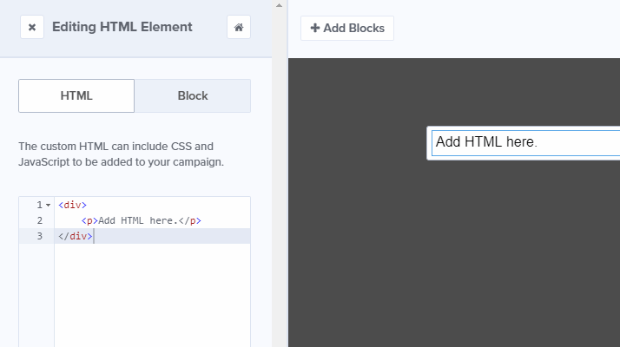





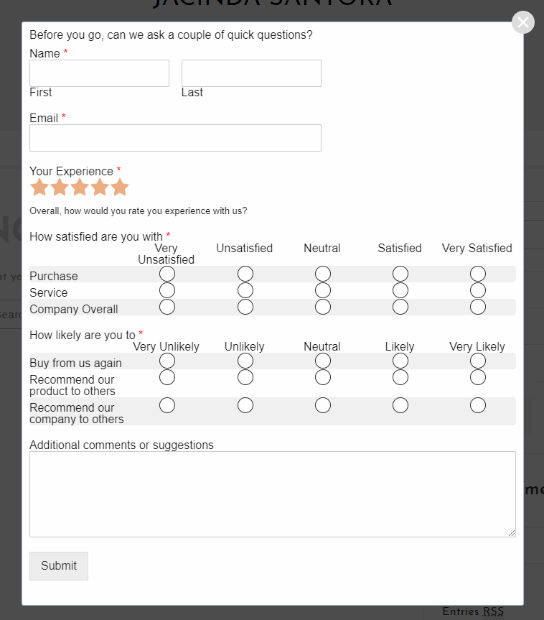
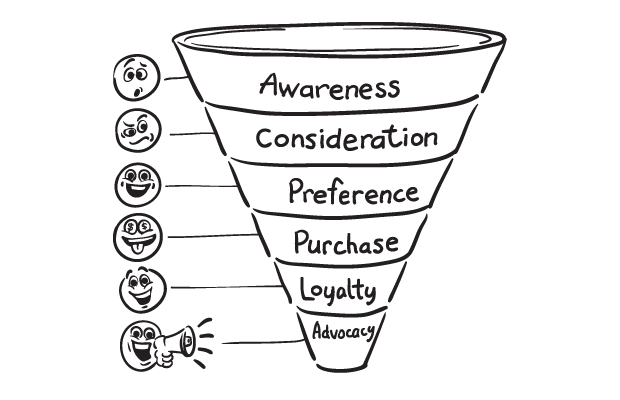
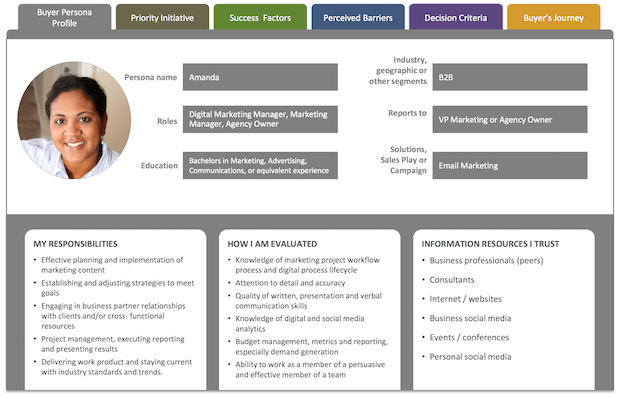


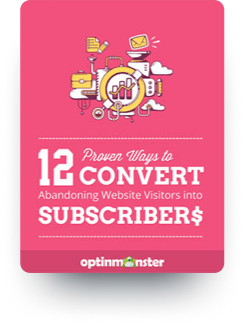


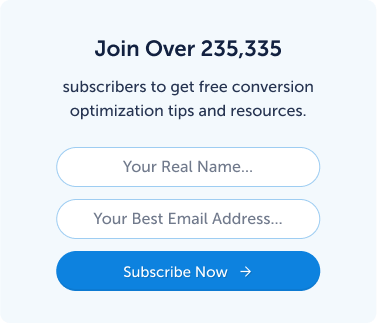



Add a Comment